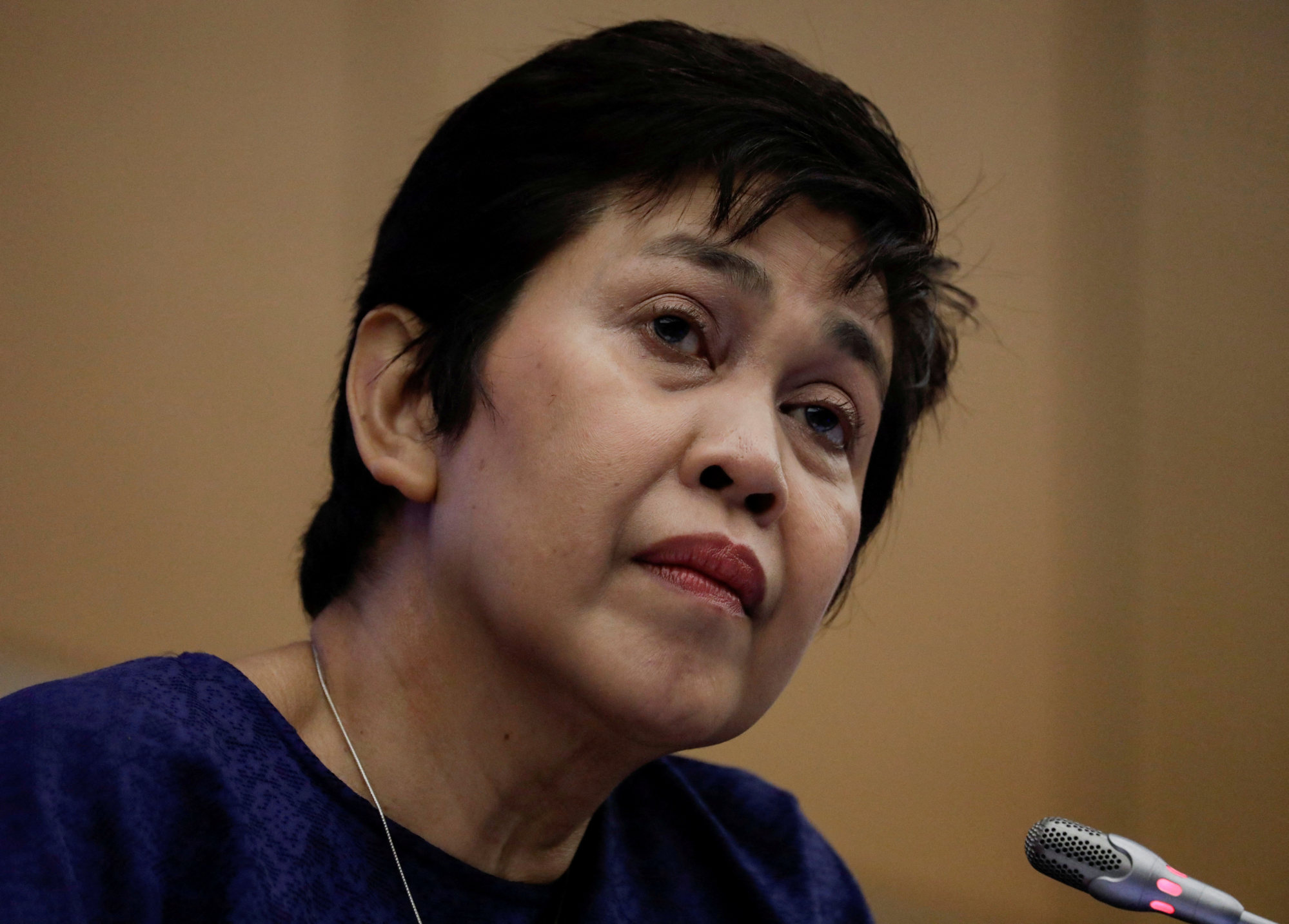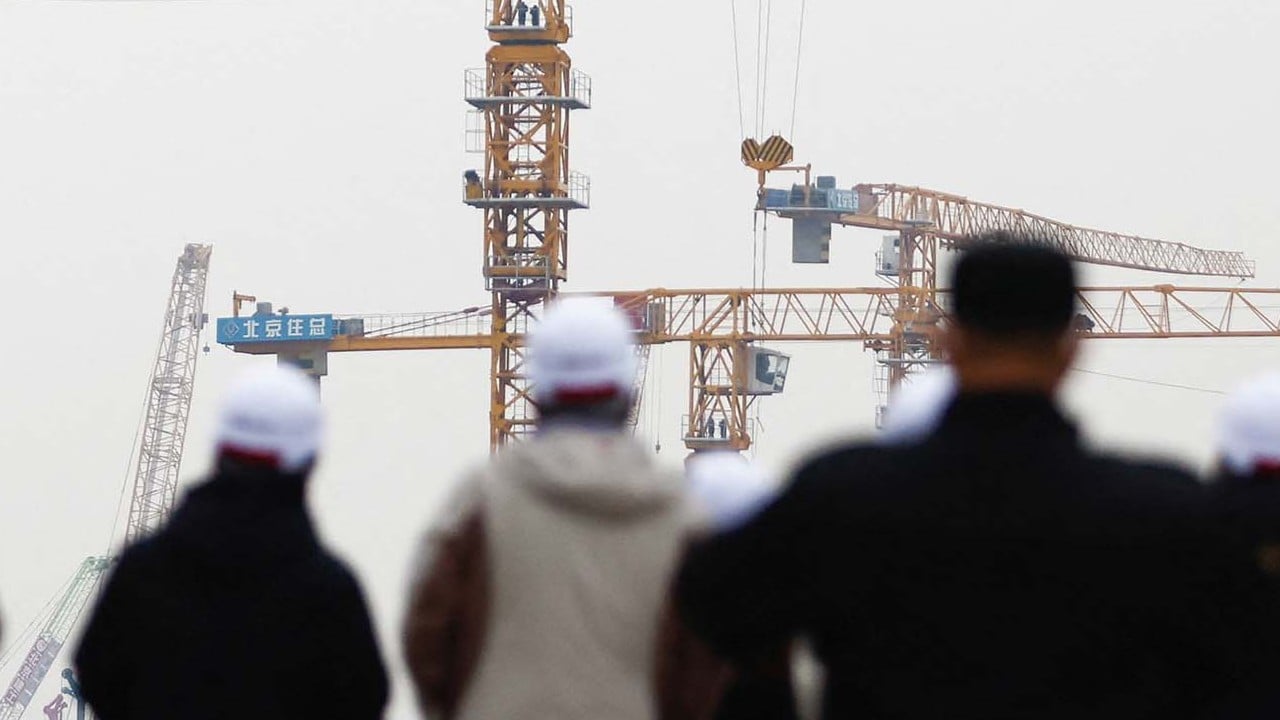
Malaysia’s economy ‘no longer in crisis’ as return of tourists buoys growth
- The economy grew 5.6 per cent in the first quarter of the year on the back of strong domestic demand and a rebound in tourism
- Experts say Malaysia may be set for a boost in trade from China after securing US$38.6 billion in investment commitments during PM Anwar’s Beijing trip
Full-year growth remained on track for between 4 per cent and 5 per cent, especially if Malaysia attracts its expected 20 million visitors, Bank Negara Malaysia (BNM) Governor Nor Shamsiah Mohd Yunus told reporters.
“The economy is no longer in crisis and has, in fact, continued to gain strength,” she said.
Headline inflation was expected to track between 2.8 per cent and 3.8 per cent, the governor added.
What recession? Malaysia’s economy sees best growth in 22 years
Growth in the Southeast Asian nation was widely expected to moderate this year following the record 8.7 per cent pace in 2022, as most of the world fully reopened their borders after two years of strict movement curbs to stem the spread of Covid-19.
Nor Shamsiah said the anticipated return of Chinese tourists and the investment commitments made during Anwar’s China trip could provide a significant boost to Malaysia’s growth this year.
The governor said tourist arrivals were a key driver behind growth in the services sector, which accounts for 58 per cent of GDP. She also expected further support to growth if Malaysia and China were able to realise some of the investment commitments earlier than expected.
“Yes, it will definitely help our exports, and also in tourism we are seeing very encouraging results,” she said.
Nor Shamsiah said any decision to adjust the central bank’s monetary policy would depend on prevailing domestic and global developments.
“There are many things happening at the global stage, be it price pressures, growth or geopolitical uncertainties. Depending on how these things turn out, it may have an impact on the domestic economy,” she said.
The central bank unexpectedly raised its overnight policy rate by 25 basis points to 3.00 per cent last week, citing the need to normalise monetary accommodation as the economy was resilient and to manage persistent inflation.

Some economists had seen last week’s rate increase – which marked the return of borrowing costs to pre-pandemic levels – as signalling the end of the central bank’s tightening cycle.
Capital Economics and Oxford Economics said higher interest rates and weak external demand could drag on the economy, with both estimating lower-than-consensus growth of about 3 per cent for Malaysia this year.
“With headwinds to both domestic and external demand mounting, we continue to expect the economy to grow at a below-trend pace this year,” Capital Economics Asia economist Shivaan Tandon said in a note.
Bank Muamalat Malaysia chief economist Mohd Afzanizam Abdul Rashid, however, said household spending should remain strong, with the central bank expecting the economy to reach full employment this year.
“The onus is on the domestic engine to provide the catalyst for growth,” he told Reuters.
The central bank is expected to keep its key rate at the current level for the foreseeable future, as maintaining its “slightly accommodative” stance may be seen as prudent in the face of ongoing global economic challenges, according to Barclays economist Brian Tan.
Additional reporting by Reuters


